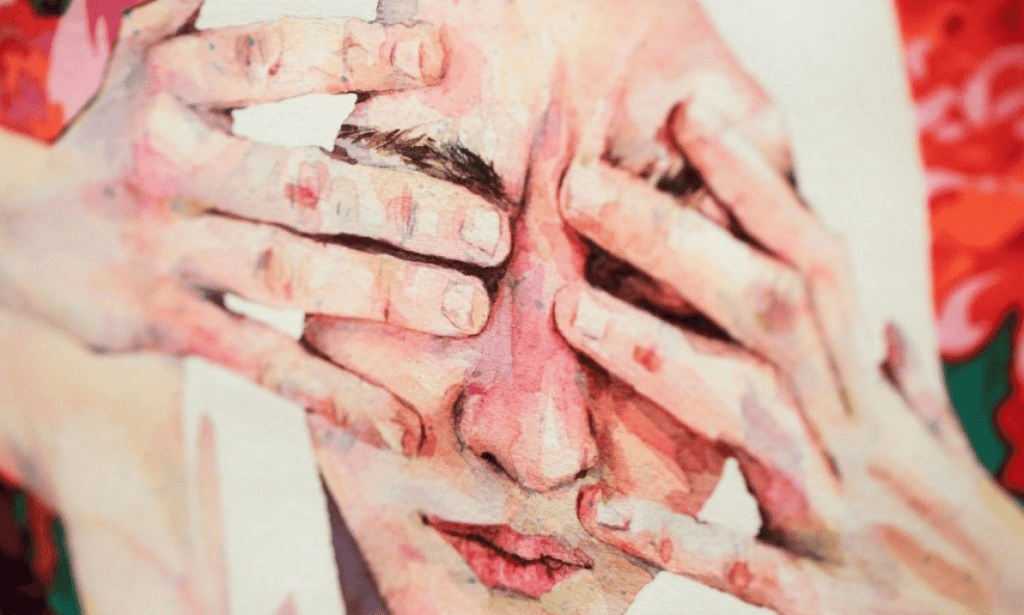We keep on saying ‘life is short,’ but by time, we tend to fully grasp how this ‘short’ is actually fearful. We overwhelm ourselves with what life has to offer, imagine the future as some sort of monster, and neglect what we have in the present. They say fear is our enemy and most of us may not know how to deal with it. At some point, you can reach a certain level of fear and have a phobia from the fear itself. Yet, we keep on fearing and dealing with it, hoping that we’re following the right path. However, the right path isn’t always clear enough because we aren’t aware of what we fear, or don’t understand what is currently happening. We’ve talked to one of the most amazing psychologists in Cairo, Lydia Gadalla, about anxiety. She has graciously informed us with some tips on how to cope with these fears once they hit us.
According to the psychologist Lydia Gadalla, anxiety is about fearing the future instead of focusing on what’s happening in the now. The future could be in five minutes or perhaps a year, and it’s about feeling overwhelmed more than the person can handle.

How to spot check that this is ‘anxiety’
We’re all born with a certain level of worry; it’s pretty normal as human beings. These emotions of anxiousness that hit us all suddenly spiral and don’t seem to have an ending. The moment it strikes, you keep on obsessing over the thought itself, rather than the solution.
Misunderstanding anxiety is common, and the moment we sense the fear triggering us, the first thing that pops into our minds is anxiety. Although it might not be, right? Anxiety comes in many different shapes and forms and is actually a big seven letter word. How do we know that this is anxiety?
Firstly, there are a few symptoms that can serve as red flags for anxiety. Physical signs can include difficulty breathing, stomach pains and muscle aches, trouble sleeping, and changes in appetite. But how do we know that this stomach or body ache is due to anxiety and not something else?
- If it’s triggered by a recurring thought. Does it keep spinning in your mind? Anxiety is a spiral path and does not have an end. That’s why trying to think about the solution instead of spinning the thought around your mind is a great step out.
- You keep having the same fear on repeat
- When you start avoiding certain actions or situations because it reminds you of what you’re fearing. For example, taking the stairs due to your fear of elevators.
- When you start adjusting your life in order to avoid feeling anxious.
It’s important to pay attention to what’s going on inside and around you when you start to experience any symptoms of anxiety. Only this way can you begin to understand where it comes from and how to address it. Keep a daily journal that also tracks your thoughts and feelings, this way you can go back and look for patterns. Make note of which symptoms you tend to experience and start to look at these as signs that you need to take a step back and breathe; they can be a good thing. These red flags are there to let you know you need to up your self-care game.

We’ll leave you now with one of Lydia Gadalla’s quotes: “The more you respect your anxiety, the more it disrespects you.” Just reflect on this and ask yourself if it’s affecting your daily function, or does it simply take a moment and fade away?
So now that we know that this is called anxiety, what do we do about it? Stay tuned for Part 2 next Tuesday with more tips and coping strategies to help you relieve your anxiety.



